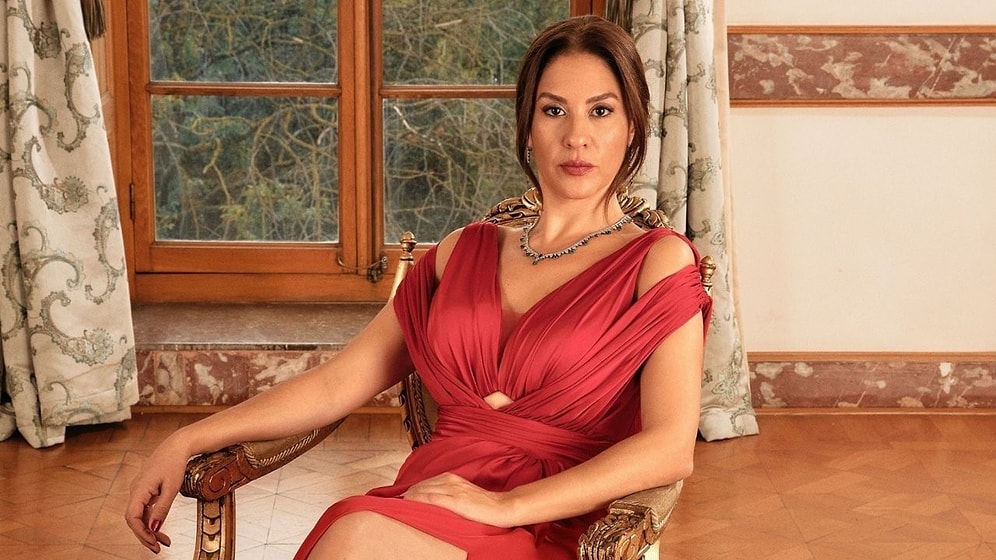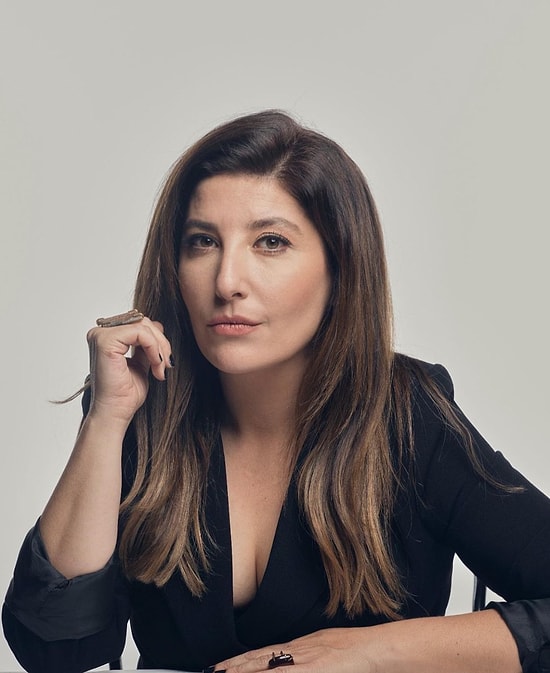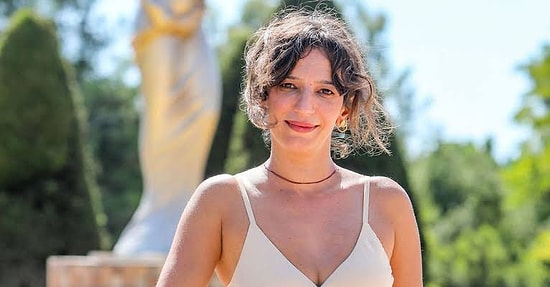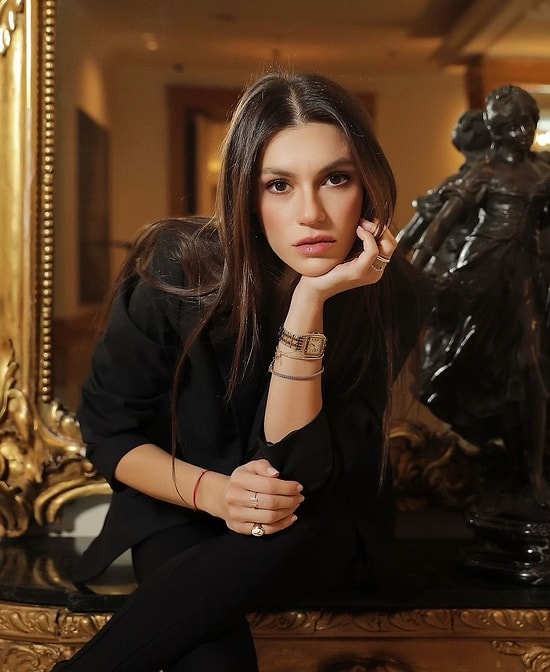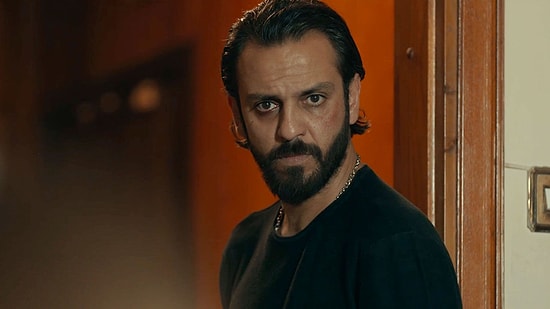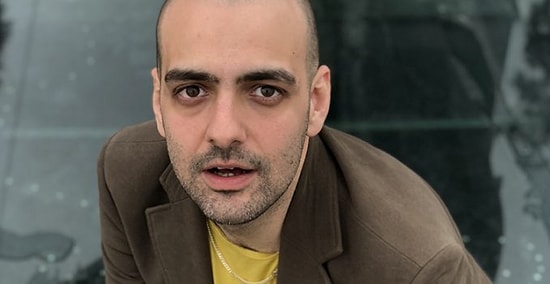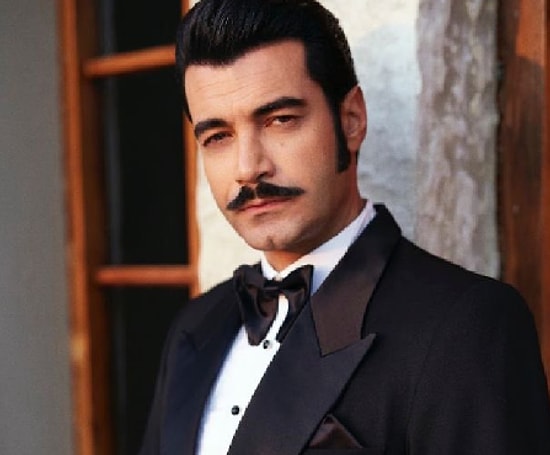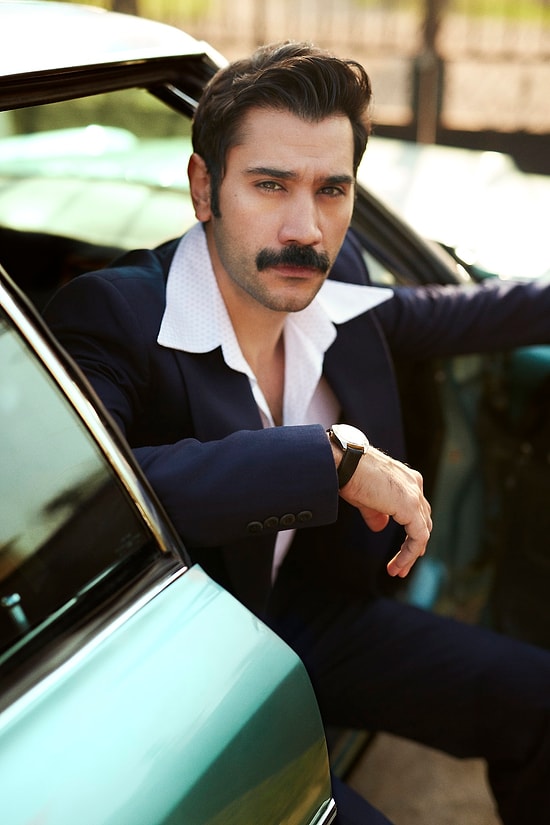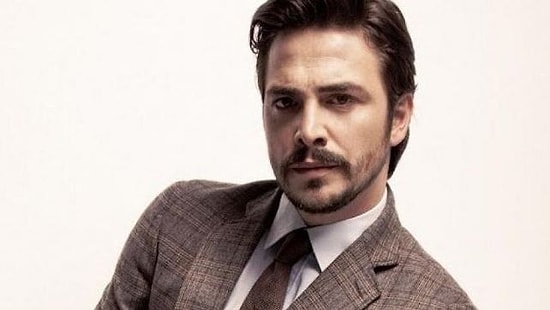İlhan Şen: From Sportsmanship to Stardom in Turkish Entertainment
İlhan Şen, a versatile and talented Turkish actor, has captured the hearts of audiences with his charismatic presence and impressive acting skills. Born on December 19, 1987, in Bulgaria to a Turkish family, his journey from a childhood of sportsmanship to becoming a prominent figure in the Turkish entertainment industry is both inspiring and commendable. Let's explore the remarkable life and career of İlhan Şen, from his early roots to his rise to stardom.
Saadet Aksoy: A Multifaceted Talent in Turkish and International Cinema
Saadet Aksoy, a name synonymous with talent and versatility, is a prominent Turkish actress who has made a mark not only in her home country but also on the global stage. Her journey from a humble upbringing in Istanbul to becoming an acclaimed actress with a diverse portfolio of roles is nothing short of inspiring. With strong family influences, an impressive educational background, and a passion for cinema that ignited during her childhood, Aksoy has emerged as a true force to be reckoned with in the world of acting.
Özge Yağız: Rising Star of Turkish Television
Özge Yağız, born on September 26, 1997, is a talented Turkish actress who has captured the hearts of audiences with her remarkable performances in various television series. Her journey from a supporting role to becoming a leading lady in the entertainment industry has been nothing short of inspiring. Graduating from Başkent University, Yağız ventured into the world of acting and quickly rose to fame with her captivating portrayals. Let's delve into the life and career of this gifted actress, exploring her notable roles, achievements, and upcoming projects.
Tolga Tekin: The Luminous Gem of Turkish Stage and Screen
Tolga Tekin, a Turkish actor celebrated for his versatility and depth, has become a significant figure in the Turkish theatre and film industry. Born in Ankara on March 19, 1973, his journey towards the zenith of his craft has been marked with milestones, making him one of Turkey's most admired thespians.
Şebnem Bozoklu: A Beacon of Turkish Cinema and Theater
Turkey's entertainment industry is a tapestry of rich talent, vibrant storytelling, and enduring cultural narratives. One name, however, stands out from the constellation of stars – Şebnem Bozoklu. With her mesmerizing on-screen presence, impeccable acting skills, and diversified roles, Bozoklu has undeniably carved a niche for herself in Turkish cinema and theater.
Nihal Yalçın: A Dazzling Star of Turkish Cinema and Theatre
Nihal Yalçın, born in 1981 in Istanbul, is a name that many associate with versatile acting, heartwarming performances, and a unique artistic flair. With roots from an Alevi and Zaza family, her early life in the district of Kartal was modest but filled with aspirations. Encouraged by her parents, Nihal entered the world of arts, studying at Istanbul University's State Conservatory, where she honed her skills in acting.
Tuba Ünsal: A Glimpse into the Life of a Turkish Star
In the rich tapestry of Turkish entertainment, Tuba Ünsal's name stands out as a celebrated actress and model. Born in Istanbul, her diverse lineage traces back to Greece on her father's side and both Bulgaria and Romania on her mother's, representing a vibrant confluence of cultures that perhaps defines her eclectic persona on and off the screen.
Yüsra Geyik: The Shining Gem of Turkish Television
In the vast world of Turkish television, a few names stand out not only because of their striking appearances but also due to their acting prowess, versatility, and the ability to leave an indelible mark on viewers' hearts. One such name is Yüsra Geyik. From her early days in 'Hayat Bilgisi' to her current roles in the captivating series 'Aile' and 'Bozkır', Yüsra’s journey has been nothing short of spectacular.
Erkan Kolçak Köstendil: A Versatile Talent in Turkish Cinema and Television
Erkan Kolçak Köstendil, born on January 16, 1983, is a prominent figure in the world of Turkish entertainment. Hailing from Bursa, Turkey, Köstendil has carved a niche for himself as a versatile actor, director, and a multifaceted creative force. With a diverse array of roles in theater, films, and television series, Köstendil's journey from the stage to the screen has captured the hearts of audiences both domestically and internationally.
Exploring the Multifaceted Talent of Bartu Küçükçağlayan: Actor, Musician, and Creative Force
Bartu Küçükçağlayan, born on April 23, 1983, in Eskişehir, Turkey, is a multifaceted artist who has left an indelible mark on both the Turkish entertainment industry and the world of music. Renowned as an accomplished actor and lead singer of the band Büyük Ev Ablukada, Küçükçağlayan's creative pursuits span across various mediums, showcasing his versatility and dedication to his craft.
Murat Ünalmış: From Basketball to the Silver Screen
When one thinks of Turkey's rich legacy of actors, Murat Ünalmış's name stands tall. Born on 23rd April 1981 in Kayseri, a city known for its historical sites and mountainous terrain, Ünalmış's journey from his home town to becoming one of the country's most respected actors is nothing short of cinematic itself.
Hilal Altınbilek: The Turkish Gem of Modern Cinema and Television
With the world becoming a smaller place thanks to digital media, audiences everywhere are getting a taste of talent from every nook and cranny of the planet. One such treasure who has emerged from Turkey's vibrant entertainment industry is the captivating Hilal Altınbilek.
Uğur Güneş: The Jewel of Turkish Cinema
Born on 10th November 1987 in the historic city of Ankara, Uğur Güneş is not just an actor but a phenomenon in the Turkish entertainment world. His journey, starting from the corridors of Kütükçü Alibey primary school to graduating from the prestigious Ankara University, reflects the determination and zeal that young Uğur had towards his dreams.
Selim Bayraktar: The Iraqi-Turkish Actor Who Charmed Audiences Worldwide
Selim Bayraktar, born on June 17, 1975, is a distinguished Iraqi-Turkish actor who has garnered widespread acclaim for his versatile performances in both television and film. With a remarkable career spanning various roles and projects, Bayraktar has established himself as a prominent figure in the entertainment industry. His portrayal of 'Sümbül Ağa' in Muhteşem Yüzyıl and his role in the Netflix series Rise of Empires: Ottoman have earned him international recognition and a devoted fan base.
Ahmet Kural: Crafting Comedy Gold Through Talent and Tenacity
Ahmet Kural, a Turkish actor celebrated for his comedic prowess and unwavering dedication, was born on November 10, 1982, in the scenic city of Kütahya. From his humble origins to his status as a beloved comedic icon, Ahmet Kural's journey is a testament to his innate talent, tireless pursuit of excellence, and his ability to bring laughter to audiences far and wide.


